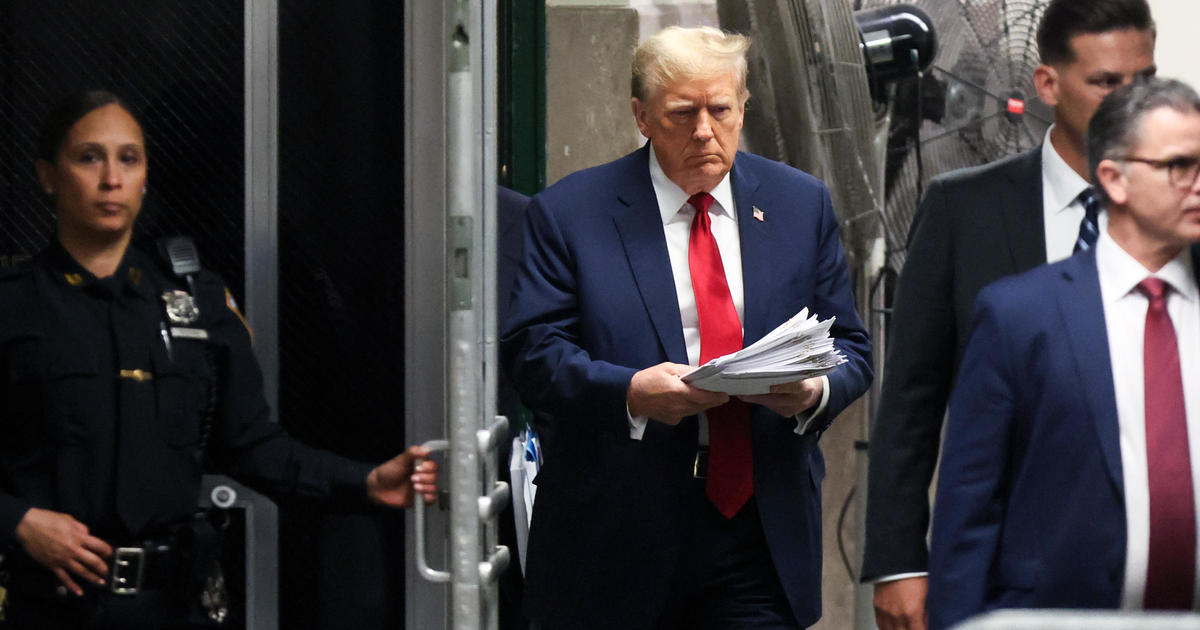What historian's mea culpa opposing Brexit can teach us
Harvard’s Niall Ferguson, the provocative British historian, now says he was wrong to oppose Brexit, the United Kingdom’s vote in June to leave the European Union -- the 28-nation economic and political bloc designed to replace centuries of warfare and economic turmoil with a common vision of peace and prosperity.
In an article appearing in the Boston Globe on Monday, Ferguson wrote that he was mistaken to advocate that Britain stay in the EU, when it was clear that the union was clearly flawed. Over the past week in public appearances, tweets and other forums, he has recanted his previous view, saying in the Globe piece that “the EU’s leaders richly deserved Brexit and British voters were right to give them it.”
What’s significant about his about-face is that it underscores the comeuppance suffered by establishment elites who argued that up-ending the current order -- whether UK membership in the pan-European consortium or Donald Trump’s election as U.S. president -- would bring chaos.
While chaos may indeed appear at some point, it hasn’t yet on either side of the Atlantic. As Ben Casselman, writing on the FiveThirtyEight blog, noted: “Markets tanked in the immediate aftermath of the Brexit vote but have since rebounded, and the vote itself doesn’t seem to have devastated the British economy,” aside from the drop in the value of the pound. Meantime, the U.S. stock market also has roared, amid optimism that Mr. Trump’s proposed tax cuts, regulation reductions and infrastructure spending will boost economic growth.
Undoubtedly, Ferguson runs in elite circles. He attributes his anti-Brexit stance to his “personal friendship” with British Prime Minister David Cameron and Chancellor of the Exchequer George Osborne (that is, finance minister), who were against Brexit -- and have been replaced after the 52 percent vote in favor of leaving the EU. “For the first time in my career, I wrote things about which I had my doubts in order to help my friends stay in power,” he wrote. “That was wrong and I am sorry I did it.”
Ferguson depicted his resistance to Brexit as based on a fear that the costs would outweigh the benefits. That wrong-headed conclusion, he contended, went against his long-time skepticism about hooking up with the Continent. He cited such ongoing messes as the financial woes besetting southern Europe (meaning primarily Greece, Spain and Italy) and the masses of immigrants from the war-torn Middle East that have roiled Europe.



